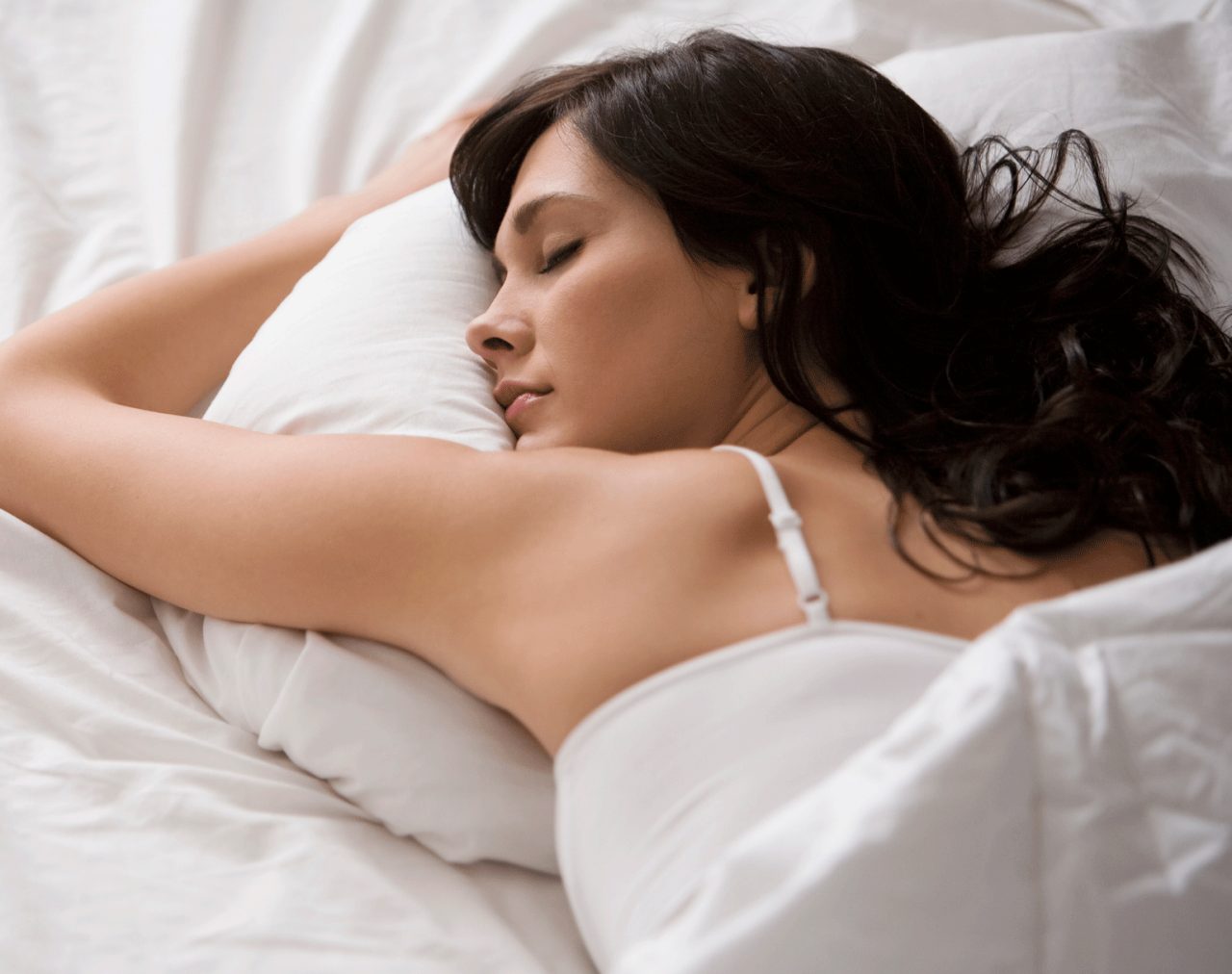Good Sleep May Protect You from Heart Disease

If you’re at risk for heart trouble, be sure to make good sleep a priority. Good — and bad or lack of — sleep affects your health over time.
A good night’s sleep doesn’t just make you feel better. Like exercise and diet, it affects your health over time.
Sleeping well can help you eat less, exercise better, and maintain a stable mood. There’s evidence it also protects you from heart disease.
Ideally, you would sleep seven or eight hours a day, without insomnia, snoring, or daytime sleepiness, then rise early.
YOU MIGHT ALSO LIKE: Does Poor Sleep Cause Dementia?
Those healthy sleep patterns are linked to a 42 percent lower risk of heart failure in a study of more than 400,000 adults in the United Kingdom over a decade.
The researchers adjusted the data to account for diabetes, high blood pressure, medications, and certain genes.
The risk of heart failure was 8 percent lower in early risers, 12 percent lower if you slept seven to eight hours a day, 17 percent lower if you didn’t have frequent insomnia, and 34 percent lower if you didn’t suffer from have daytime sleepiness, often a symptom of sleep apnea.
Other risks of bad sleep
- High blood pressure. Your blood pressure drops while you’re asleep. If you’re awake too much, your blood pressure stays higher for more time than it should. Nearly half of adults in the United States have high blood pressure.
- Type 2 diabetes. The Centers for Disease Control and Prevention report that getting the right amount of good sleep may help improve blood sugar control.
- Obesity. Lack of sleep can lead to extra pounds, especially for children and adolescents. Being tired seems to affect appetite.
Tips for better sleep
- Increase bright light exposure during the day. You’ll have more energy and sleep more soundly. Go outside or invest in sunlight bulbs.
- Don’t watch TV for two hours before bed or use electronic devices with a blue-light blocker.
- Don’t nap more than a half hour at time, unless you already nap in the daytime and know that you sleep well at night.
- Stick to your bedtimes and waketimes, even on weekends.
- Make sure your bedroom isn’t noisy or too warm: 70 degrees Fahrenheit is a good target. If you get light through your window or from electronic devices at night, wear an eye mask.
- Try relaxation techniques like meditation, soothing music, and hot baths near bedtime.
- Exercise regularly — but not before bed.
- Don’t drink for two hours before bedtime if you wake up to urinate.
- Get checked for sleep apnea. Use a prescribed CPAP machine if you have it. You don’t have to be an obese man to have sleep apnea; it also affects women and people who aren’t heavy.
Updated:
March 09, 2023
Reviewed By:
Janet O’Dell, RN